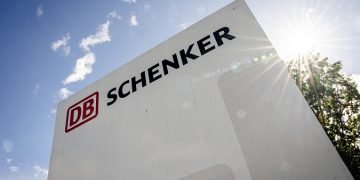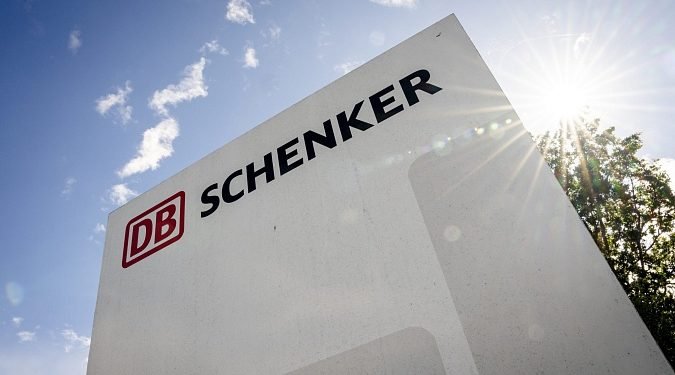By Eva Richardson – The Logistic News
DSV, the Danish logistics group known for its bold acquisition strategy, has completed its largest deal to date: the purchase of DB Schenker for €14.3 billion. With this move, DSV cements its place among the most influential players in the global freight industry.
The acquisition, finalized after securing approvals from competition authorities across multiple continents, brings an end to Deutsche Bahn’s longstanding involvement in third-party logistics and sets the stage for a sweeping consolidation of services under the DSV umbrella.
More Than Just a Merger
This deal is not about sheer size. It’s about reach, resilience, and integration. DB Schenker, long regarded as a pillar of European road transport and contract logistics, adds a complex but powerful network to DSV’s existing operations. Together, the two entities will operate in over 130 countries and employ more than 150,000 people.
“This is not just a growth story—it’s a capability story,” said Thomas Vestergaard, an independent logistics analyst based in Hamburg. “DSV is positioning itself as a full-spectrum provider. The value isn’t just in trucks or warehouses. It’s in the system.”
Strategic Fit, Cultural Distance
Despite the strategic rationale, the operational reality will take time to shape. DB Schenker is not a lightweight. It comes with deep institutional roots, a broad workforce, and a legacy shaped by decades of state-owned structure.
By contrast, DSV operates with lean governance, fast decision-making, and a high focus on cost control. Aligning these two cultures—without disrupting service or alienating staff—will be one of the company’s biggest internal challenges.
DSV executives have promised a “measured and transparent” integration process. For now, most of Schenker’s leadership team remains in place, and customers have been assured of continuity.
Reactions Across the Industry
The logistics sector has responded cautiously. Shippers welcome the promise of greater global coordination but are wary of what reduced competition could mean for pricing and flexibility.
In Europe in particular, where DB Schenker has held a strong position in land transport, some fear that fewer players could lead to reduced bargaining power for customers.
“At this level, consolidation always carries risk,” said Anne Dries, head of procurement at a Dutch retail group. “We’ll be watching closely how DSV handles capacity, responsiveness, and cost over the next twelve months.”
A Long-Term Bet on Scale and Stability
For DSV, this is part of a long-term strategy to build a unified logistics platform with global scope. The company has already shown it can absorb large players—its past acquisitions of Panalpina and Agility GIL were executed with discipline and speed.
But DB Schenker is another kind of challenge. It is embedded in regional supply chains, tied into national infrastructure, and carries a different weight in public perception. Integrating it without disruption will be a test of leadership—and patience.
Conclusion
The DSV–Schenker deal doesn’t just add volume. It redefines what’s possible in end-to-end global logistics. In a world where supply chain disruptions are becoming more frequent and more costly, the ability to act across modes, markets, and timelines has never mattered more.
DSV now holds that ability. What it does with it will shape the freight landscape for years to come.























